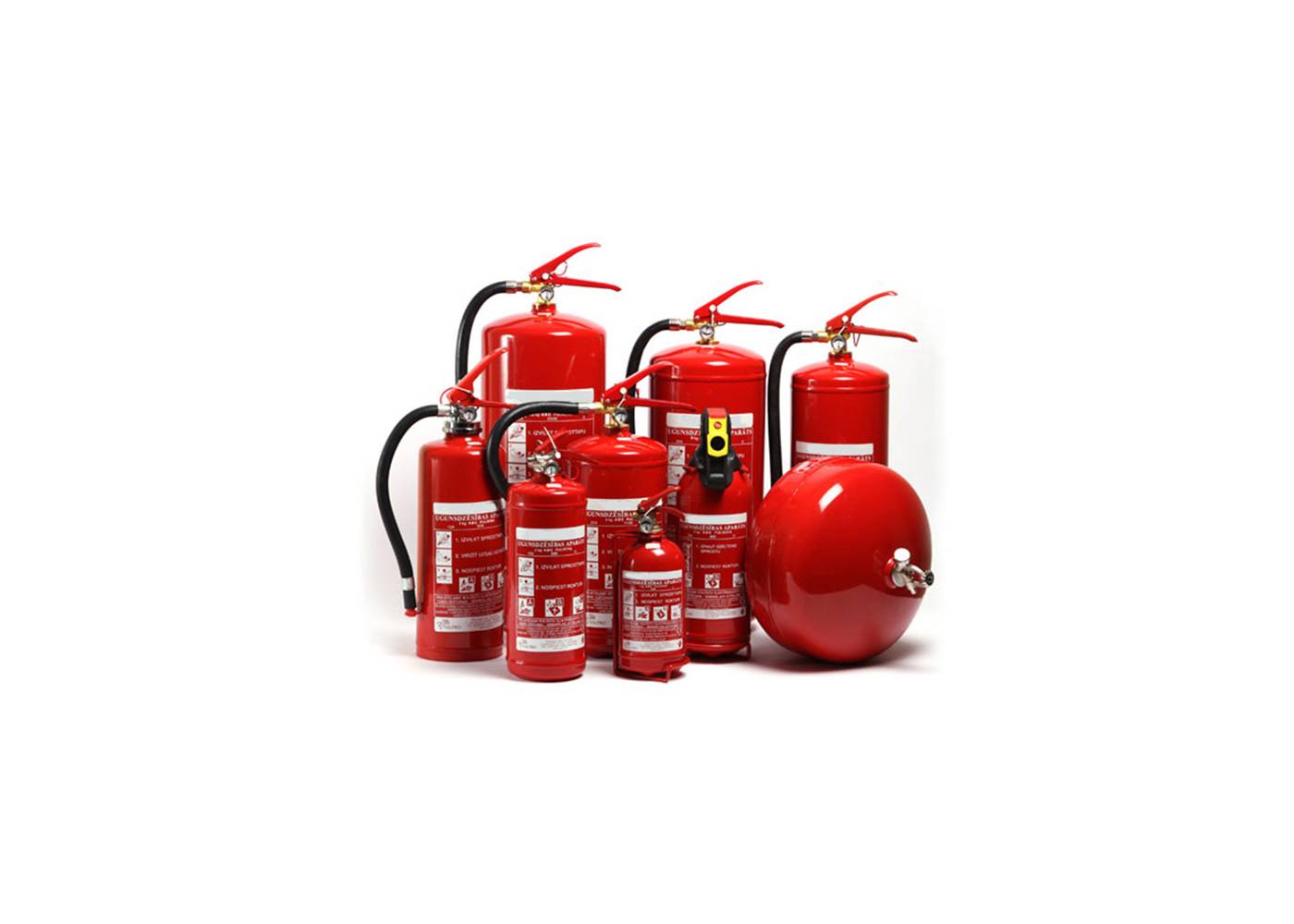
Don't mess around with fire safety. If you're running a
business, handling property, or on a construction site, you've got to have what
it takes to keep people and places safe. That means getting the right
fire-fighting stuff. But finding the right fire equipment supplier
is even more important.
A decent supplier is not just trying to sell you stuff. They
help you get what you need, back you up, and keep you in the loop on safety.
Pick the wrong one, and you could end up with cheap junk, terrible support, or
equipment that fails when you need it.
Here are 10 key things to look out for when choosing a firefighting
equipment supplier.
Firefighting gear needs to work right and last. Make sure
the stuff you buy meets safety standards, whether it's from here or somewhere
else. Look into the brands you're thinking about buying. And remember, if it
seems cheap, there's probably a catch. Don't skimp on safety to save a few
bucks.
A good supplier should offer more than just fire extinguishers.
Look for one who sells hoses, smoke detectors, sprinkler systems, fire
blankets, breathing gear, and more. If a supplier offers a wide range, it means
they understand the needs of different settings like homes, offices, factories,
and vehicles.
Make sure the supplier has the right certifications. In many
countries, fire safety suppliers must be approved by a local authority or
safety body. Check if they follow ISO or other safety standards. Ask for proof.
This step can protect you from fake or poor-quality items.
Experience counts. A supplier who has been in the business
for many years has likely seen and solved many problems. They can guide you
better than someone new. Look for a company with at least five to ten years in
the field. They should know how to match products to different needs.
The job is not done once the sale is made. Fire equipment
needs regular checks, servicing, and sometimes replacement. Ask the supplier if
they offer after-sales service. Can they send someone to inspect or refill your
equipment? Can they provide training on how to use the tools? Good support
makes a big difference.
In an emergency, every minute matters. You want a supplier
who responds fast. Ask how long they take to deliver orders. If you need help
or repairs, how soon can they send a technician? A fast and reliable supplier
helps you avoid delays and stress.
Do not skip this step. Read online reviews. Talk to past
clients if possible. Check social media or forums. Look for both good and bad
feedback. If many people say the same things—whether good or bad—there is
usually truth in it. A supplier with a good name has likely earned it through
honest work.
A good supplier does not just sell; they also advise. They
should ask questions before offering a product. For example, they might ask
about the size of your building, the kind of work done there, or the number of
people on site. If a supplier just pushes a product without asking, that is a
red flag.
Price matters, but it should not be the only factor. Cheap
gear may cost less now but could fail when it matters most. Look at what you
get for the price. Are you getting strong, reliable tools? Does the price
include service or training? Look for fair prices, not just low ones.
Fire safety rules vary from place to place. A good supplier should know the laws in your area. They should help you stay in
line with local rules. If they sell equipment that is not allowed or approved
locally, you could face fines—or worse. Ask them how they help clients stay
legal and safe.
Fire safety isn't just good luck. It's about planning and
making good calls, plus getting the assistance you need. Picking a solid fire
fighting equipment source is one of those smart moves.
First things first, check the quality of what they sell. See
if they've got the okay from the right people. How long have they been doing
this? Do they help you out with advice after you buy? And what do other
customers think? Do a little digging on these points, and you'll probably find
a supplier you can count on.
Keep in mind, when it comes to fire safety, having the right
tools can save someone's life. And a good source makes sure you're getting the
best stuff, the right help, and confidence that you are prepared.
So, choose carefully. Your safety hangs on it.